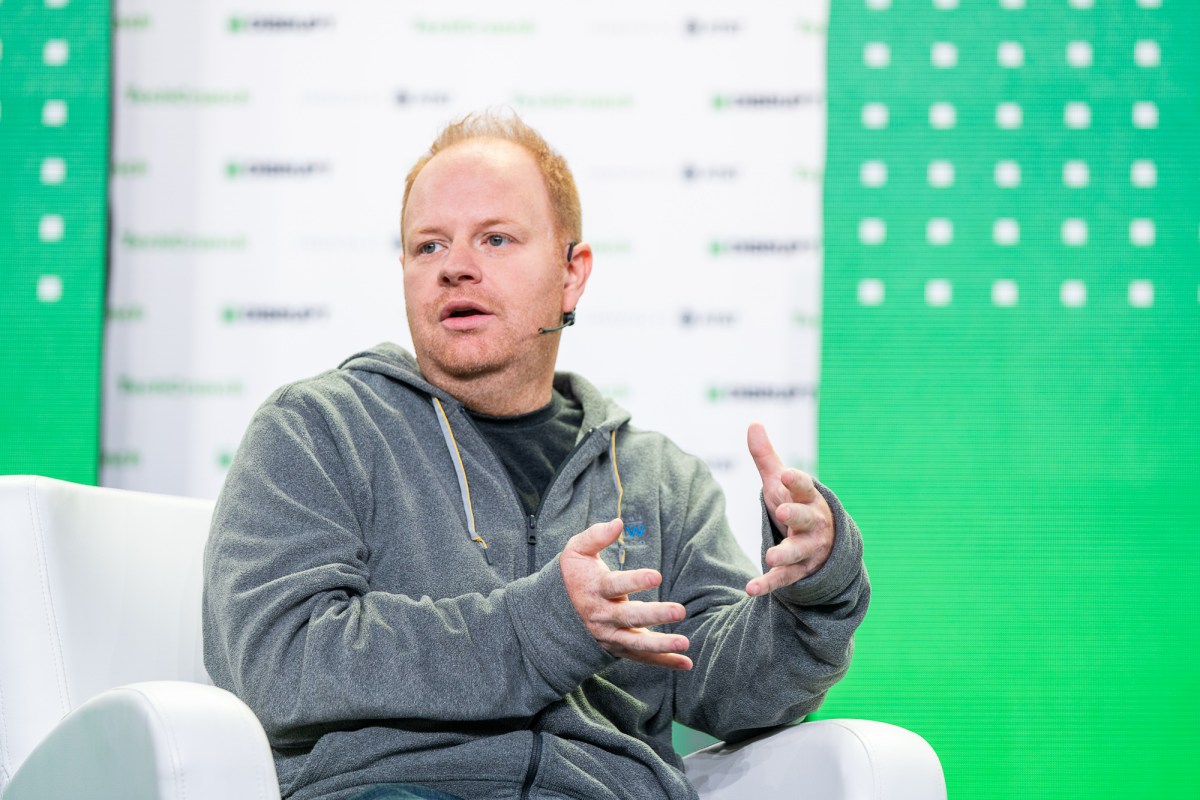Parker Conrad, founder of Rippling, an HR startup valued at $13.5 billion, shared some interesting thoughts about AI during a recent appearance on our Found podcast.
“No one actually wants to chat with their HR software beyond the sort of novelty of like, oh, my gosh, it responds to me,” he said.
He also thinks that too many software companies have been adding not-really useful, novelty AI features into their products.
“There’s just a lot of really insubstantial stuff out there in the AI world,” Conrad said, adding that it’s “not to say that AI is not going to be transformative. There are a lot of capabilities that are really important. It’s just, I’ve been unimpressed by many of the ones that I’ve seen.”
Still, he understands why companies have been AI washing – claiming their products are AI, or use AI in a significant way when they don’t. Right now, there’s such a mad scramble to capitalize on AI that the whole tech industry wants to “sprinkle AI pixie dust” into all of their products, he said.
“They’re like ‘jeez if I’m a SAAS company, my multiple is 7x, but if I change my name to whatever-my-name-was-before [with] .ai my multiple is like 50x,” he said, referring to how investors value startups as a multiple of their revenue.
His perception isn’t necessarily wrong. In the first half of this year alone, AI companies made up 41% of all US deal value, according to Pitchbook. AI and machine learning companies specifically raised $38.6 billion out of the $93.4 billion invested in US startups this H1. Furthermore, more than 40% of all new unicorns are AI startups. Last year, AI companies raised $27 billion, much of that money coming from Big tech companies splashing out big bucks in Gen AI startups, the Financial Times reported.
“AI touches almost every aspect of our lives,” Nekeshia Woods, a managing partner at Parkway Venture Capital, a firm that focuses on AI. Her take is the typical one in Silicon Valley right now. She sees AI as quickly becoming the way businesses are automating routine tasks; with AI assistants coming next and general-purpose robots in the not-so-distant future. “From the consumer perspective, engagement and demand will be centered on higher-quality products and services that can be hyper-personalized to make better use of their time, like some form of self-driving cars,” she continued.
All of this shows how unusual it is that Conrad is a public skeptic. As Conrad previously mentioned, that while he remains unconvinced about the value of AI agents, he thinks AI will be powerful not because it can write, but because it can read. This means it can absorb mass quantities of unstructured information that can help a company better understand its business, he said.
“That sort of solves for the problem that these things are only probabilistically and not deterministically correct,” he said of current AI models. “And that’s okay in a world where what the systems are doing is flagging anomalies for management so they can say ‘look, you don’t have the time to exhaustively see everything in your company this month. But if you’re only going to look at five things, these are the five that you should look at.”
There’s no question that all the AI washing – or for some people, the doomsday talk – gets tiresome, a consequence known as AI fatigue, although Woods quibbles with that description.
“I see it as less fatigue and more of a question that is starting to be asked about AI,” Woods said. She, like Conrad and others, wants to know: when will the large investment in AI pay off?
“It’s sort of hard to see from here,” Conrad said.
#company #AIwashing #Rippling #founder #Parker #Conrad #thinks
